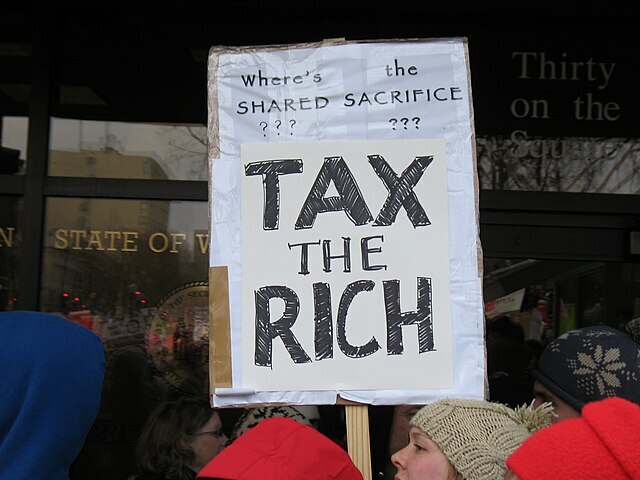Would North Carolina be a better place without an income tax? A recent Bankrate.com article compared the nine states that forgo broad-based personal income taxes with the rest of the country on economy, population, and jobs.
Unfortunately, the article provides little direction for North Carolina. Then again, it is hard to generalize about a group of nine states that includes two of the three most populous states—Texas and Florida—and three of the five least populous state—Wyoming, Alaska, and South Dakota. All nine states—the others being Nevada, Washington, Tennessee, and New Hampshire—vary greatly from one another in economy, climate, politics, and culture. Tennessee and New Hampshire still tax interest and dividends, though Tennessee will stop in 2022.
Instead of making blanket statements about such a varied group of states, let’s compare similar states. From the trough of the recession in 2009 through the end of 2017, Alaska and Wyoming have lost ground economically, and Nevada and South Dakota have not done as well as their neighbors. Texas has outpaced California in economic growth, but because its population has grown even faster, per capita GDP has grown slightly slower. Florida has a similar story when compared to New York. New Hampshire has grown faster than Vermont and much faster than Maine. Washington has grown faster than Oregon, and Tennessee has outpaced North Carolina, though North Carolina’s population has grown faster.
Even that does little to guide whether North Carolina should stop taxing income because of the different ways states raise and spend money. Bankrate.com’s story did catch some of those. Alaska and Wyoming rely heavily on revenues from oil and coal extraction. Texas and Florida have high property tax rates and high sales taxes. New Hampshire has high property taxes, and Washington has a nearly 50 cent per gallon gas tax. Tennessee has the highest average combined state and local sales tax rate in the country, 9.46 percent compared to North Carolina’s 6.95-percent rate.
Unfortunately, some of the experts cited in the story give bad advice. Stephen Miller, director of the Center for Business and Economic Research at the University of Nevada-Las Vegas, said income, sales, and property taxes are like “three legs of [a] stool, so when you take one leg away, the funding stability is reduced.” His analogy is flawed, however. Property taxes in North Carolina are entirely local, and the income tax goes entirely to the state, which then redistributes half of those funds to local schools. Of the three sources, the income tax is the most volatile, particularly when it is progressive and applies to capital gains.
The volatility of income taxes also undermines Robert Godby, director of the Energy Economics and Public Policies Center at the University of Wyoming, and his claim that states without an income tax are “more susceptible to budget blows” when the economy slows. Income tax collections grow faster than the economy in good times and contract faster in recessions. Also, when Democratic Gov. Mike Easley in 2001, 2003, 2005, and 2007 wanted to raise hundreds of millions of dollars in taxes and when Democratic Gov. Bev Perdue in 2009 sought a billion-dollar tax hike, they raised the sales tax. Perdue also added income surtaxes for high-income earners and corporations, but these were tiny in comparison. Sales tax collections generally adjust more rapidly than income tax withholding, and the highest earners often pay income taxes quarterly with the biggest payment nears the April 15 year-end deadline.
Whether the tax is flat, fair, round, or square, it can only be as low as spending. Research by economists Christina Romer and Paul Romer found that lower income taxes do indeed lead to faster economic growth at the national level. State taxes have less room to move and take a much smaller share of income, so their impact would naturally be smaller. States with lower spending and slower spending growth can have lower taxes as a share of income.
In a way, all of this debate is a question of terminology. Taxes on earned income penalize saving and investing, primary determinants of future economic growth. That is why we at the John Locke Foundation have repeatedly made a case for a consumed income tax that broadens the sales tax to include all services and exempts income saved or invested in capital. If North Carolina moved to a consumed income tax, it would eliminate the traditional sales tax collection method while eliminating the income tax biases. Then North Carolina would be on better fiscal footing and could leave questions of tax structure to those with more time to debate semantics.


